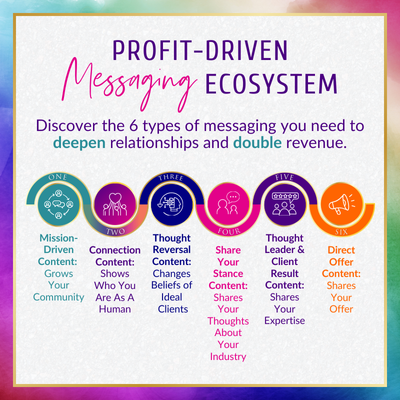When I was 18, I dreamed of being a Writer. I have always written in a journal—I started at 13—and I have always loved the feeling of contentment I get putting my words on a page. As a teenager, I pretended my words loved me and were happy to be used and sculpted by me.
As a young woman, although many people told me I was a good writer—I wrote letters and reports, office projects, mostly, things that didn’t matter to me—I put away the dream. I was being “practical” then: Who was I kidding? I could never earn a living as a Writer. I wasn’t good enough, smart enough, articulate enough; I only had an average education. How could I ever hold a pretense that my beloved words would be judged worthy? Even as I worked for publishers, as an Editor and Re-writer of other people’s manuscripts, I did so without ever thinking I was enough to be “a real Writer.”
It wasn’t until my 40’s that I took on the challenge of writing a book, and that only because my dearest husband died and I was left with feelings I didn’t know what to do with. “Write,” people with good intentions told me, and so I did. I wrote a memoir of being a Caregiver, and, because it was just another story of a woman trying to figure out how to make herself want to live again after loss, I filed it away in a box.
Now I know that a Writer is a person who knows herself by her writing, just as a Doctor and a Teacher know themselves by seeing their reflections out in the world where other people are and experiencing themselves among them. Last year, I completed a second book. It had some of the passages I had written into the old memoir, but they only played a supporting role in this book.
This book is about feelings, emotions and memories—the very same ones I had after my loss—but it’s not about me. It’s about how we all have feelings and sometimes do not know what to do with them. Feelings work in pretty much the same way in all our brains—I know this because I’ve been researching my brain for more than 20 years. As I told people what I was learning, they taught me about our sameness, and I wanted to offer what I learned to everyone. That became my life’s work.
I think of myself as a Nonscientist, and the passion is strong in me to prove to every Nonscientist within the sight of my words that human is an extraordinary thing to be. Now I’m writing another new book. It’s about consciousness and reality, and I’m writing it because I must. It’s important information to be shared.
Here’s the thing: Many of us want to be Writers. When we first dream of being Writers, all our thoughts are about ourselves, who we are. But writing is not about who we are. It’s about what drives us to say and share what we think, and what we know. I know now that it was never about whether I was good enough. Writing is always about what we have to say, and how we have to say it. Who needs to see and take in my words, and what do they need from me to help turn my words into their own? The passion, the drive to be not merely read but understood forces Writers, over and over again, to do better, to be better, and we always become better and better still when we expend our passion. That’s what makes a Writer.
If we can identify the things that matter to us and see them reflected in others, then we can shift our focus to our work—as well as put away all those irrelevant questions of worthiness. The more we can write without the influence of our egos, the more we can realize how much we have to say, and the better we can succeed as Writers, saying it.
Dina L. Wilcox writes every day, and believes she is just getting started. She lives in Harlem, New York City, where she plans to write seven books altogether, each on a different aspect of being human, and all for Nonscientists. Her first book, “Why Do I Feel This Way?” What Your Feelings Are Trying to Tell You, was published last year and is available—along with her blog—through her website: http://whydoifeel.com and at Facebook: http://buff.ly/1f7s0dd

